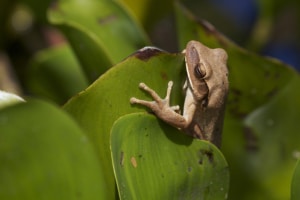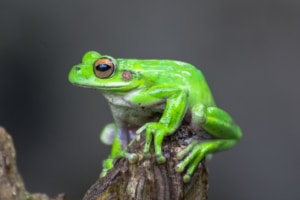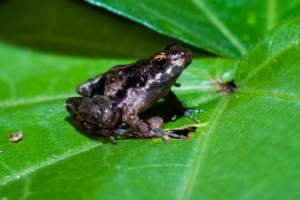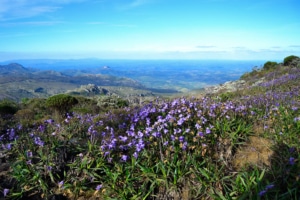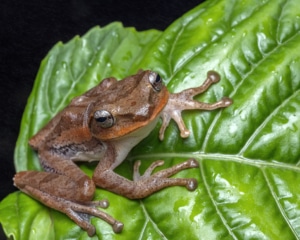Instituto Biotrópicos
Instituto Biotrópicos is a Brazilian environmental organisation, founded to promote science-based conservation action.
Instituto Biotrópicos is an environmental non-governmental organisation and is also recognised as a research institute by Minas Gerais state, Brazil, where it is based. The Institute’s mission is to improve knowledge about biological diversity, pursue scientific development and socio-environmental awareness, and promote nature conservation.
Instituto Biotrópicos does this through its team’s expertise in conducting biodiversity inventories and monitoring, through ecological research, and scientific communication to conservation practitioners, policy makers and the public. The Institute also works to build capacity in biodiversity research and conservation among local communities.
Instituto Biotrópicos works within two high priority areas for biodiversity conservation in south eastern Brazil – the Cerrado and the Espinhaço Mountain Range.
Focusing on science- and research-based conservation, the organisation has hugely contributed to scientific understanding of the species and threats facing these ecosystems; Instituto Biotrópicos researchers have conducted biodiversity inventories and monitoring in over 15 protected areas, most of which had no previous information on local biodiversity, have described several new species, re-discovered regionally extinct ones, and identified high-priority areas for conservation. In particular, their work has been instrumental in understanding the richness of the Cerrado ecosystem biodiversity and anthropogenic impacts on the system.
Synchronicity Earth’s Amphibian Programme is supporting Instituto Biotrópicos to develop its amphibian work, which is centred on the mountain-top, bromeliad-dwelling frogs of the Espinaçho mountain range. These rare and threatened species are little understood, living their entire lives in bromeliads at high altitudes where they are vulnerable to both wildfires and collection of bromeliads for sale.
Instituto Biotrópicos will research the ecology of these little-known animals so as to better inform conservation management plans, and they will also run public awareness-raising campaigns so local communities are informed about these unusual species living in the region.

